I came across this in Barbara G. Walker's "A Woman's Encyclopedia of Myths and Secrets." It's damn interesting!
Ur-Text
Greatest legendary treasure of medieval Hermetic magic, after the Elixir of Life and the Philosopher's Stone. The Ur-Text was supposed to be a magical grammar of the primordial tongue, whose words God pronounced at creation in order to bring forth the things themselves, that is, the words could create, just by being spoken. The idea was based on eastern notions of the creative power of Sanskrit, the Mother-language. (1) Another development of the idea was the Neoplatonic Logos or "Seminal Word," which was adopted as a Christian dogma. See Logos).
Presumably the Ur-text emanated from Abraham's "Ur of the Chaldees," famous as the home of magic and astrology. The medieval theory was that all words and names exerted some influence over their objects, hence the efficacy of both magic spells and liturgies. But in all known languages, the power of the word was slightly displaced from the true essence of the thing, as the calendar was slightly displaced from the sidereal year. In the Ur-text, words were precisely aligned with essences or "souls," so the words could control things and events absolutely.
The implications were the same as in the Hindu idea of the "holy language" of Sanskrit. Knowledge of the Ur-text would give a man absolute power over the universe; whatever he said would come true at once.
Many magicians identified the Ur-text with the equally wonderful Book of Thoth, named after the Egyptian god of magic and mentioned in very old Egyptian folk tales as a written version of Thoth's technique for creating by the power of the Word. [In other words, the founders of Christianity borrowed liberally from a very old theology.] One story claimed the book wa sfound by a sage named Satni-Khamois in a Memphite tomb. It contained only two formulae but they were great hekau (words of power):
The two formulae that are written there, if thou recitest the first of them, thou shalt charm the heaven, the earth, the world of the night, the mountains, the waters; thou shalt understand what all the birds of heaven and the reptiles say, as many as there are. Thou shalt behold the fish, for a divine power will bring them to the surface of the water. If thou readest the second formula, even when thou art in the tomb, thou shalt resume the form thou hadst on earth; thou shalt also behold the sun rising in the heavens, and his cycle of gods, alto the moon in the form she has when she appears.(2)
The first beneficiaries of this wondrous magic became immortal, not by reading the book but by eating the papyrus it was written on -- although the book continued to exist, hidden in underwater vessels guarded by the Great Serpent. (3) Eating instead of reading a piece of magical literature was a common Oriental method of absorbing the virtue of magic words even when one is unable to read. In Tibet, Madacasgar, China, and Japan it was customary to cure diseases by writing the curative charm on paper and eating the paper, or its ashes. (4) Tartar lamas wrote the names of medicines on paper and made the patient swallow the prescription; for they believed "To swallow the name of a remedy, or the remedy itself...comes to precisely the same thing." (5)
The same notion was often found in the west. The modern pharmacist's Rx began as a curative symbol of Saturn,l written on paper and eaten b the patient. (6) A common medieval prescription for toothache was a paper bearing the magic words by which Jesus removed a worm from St. Peter's tooth. (7) The Venerable Bede declared that scrapings from the pages of "books that were brought out of Ireland," when drunk in water, instantly cured snakebite. (8) [Shades of St. Patrick!]
With so many different kinds of credulity in regard to the written words - especially among the majority to whom all writing was a mysterious, unknown magic -- it is hardly surprising that belief in the Book of Books, the Ur-text, survived. Some of the beliefs concerning the Ur-text became attached to the Latin Bible, which the medieval church would not allow to be translated into any other language, even though the readings from the purpit were quite incomprehensible to most congregations. The theory was that Latin was the language of St. Peter's Roman see, and God intended the Bible to be written in that language and no other, for the magic efficacy of the words lay in their sound, which would be lost if they were rendered in another tongue. Thus, out of superstitious belief in the power of the Word, the church kept the "dead" language of Latin alive within its own in-group for over 1500 years.
(Notes will be added later).
Subscribe to:
Post Comments (Atom)

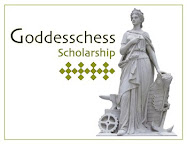
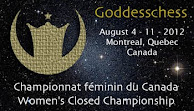


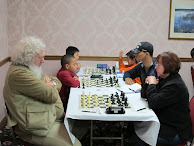

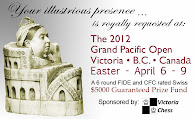

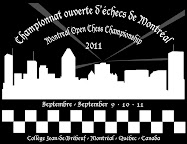










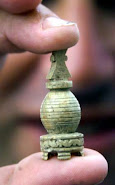











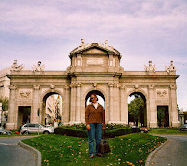


No comments:
Post a Comment